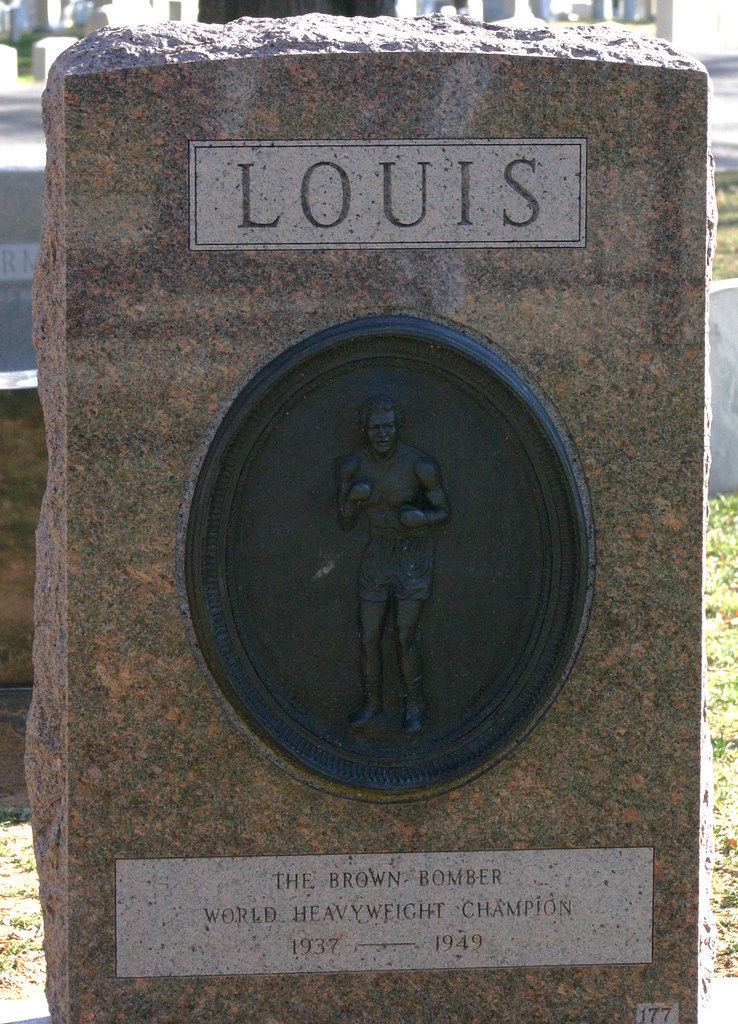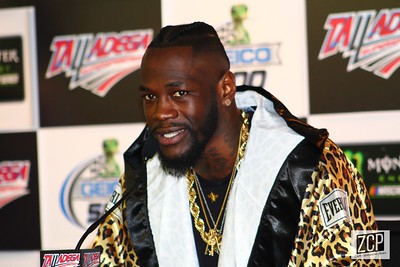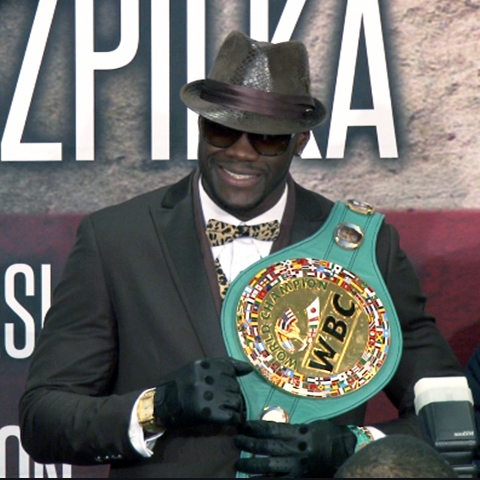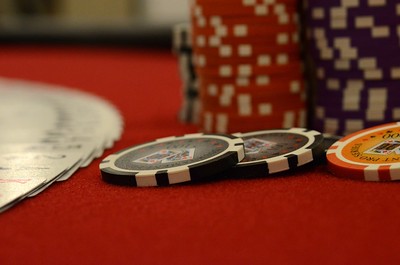The incredible andwithtory of Joe Lewis
The first real star in modern boxing
Boxing is a sport that has been around for centuries, but it wasn't until the beginning of the past that it began to resemble what we are used to seeing today. Epic fights in the 80s and 90s also contributed to the popularity of boxing in Europe and around the world.
However, we will go back a little further, to the 30s and 40s, to recall the career of one celebrity in this combat sport, namely Joe Lewis, considered the first big star in modern boxing.
Joseph Lewis Barrow was born on May 13, 1914. in the state of Alabama and only at the age of two was left without his father, who was taken to a psychiatric clinic. Soon after, his family moved to Detroit, where Lewis began boxing as an amateur and became the American Athletic Association champion in 1934. In his amateur career, Lewis won 50 games out of 54.
On July 4, 1934 his first professional fight takes place. In the opening 12 months of his pro career, he knocked out Primo Carnera, the first of six previous or subsequent heavyweight champions to fall victim to him. The others are Max Baer, Jack Sharkey, James Braddock, German champion Max Schmeling and Jersey Joe Walcott. Very quickly he managed to earn the nickname "The Brown Bomber", by which he was known in boxing circles and in the media, and he lost for the first time in the ring in more than 2 years, losing to Max Schmeling in 1936. A loss that, however, turned out to be sobering, as a year later he also became world champion.
This happened on June 22, 1937, when Joe knocked out James Jay Braddock and held the title until March 1, 1949, when he was forced to briefly retire from the sport. In 12 years, he has 25 successful defenses of the world title, of which 21 were by knockout. The most iconic of them came in 1938, when Lewis got revenge on Schmeling. A duel defined by the American media as a battle between Nazism and democracy, even though Schmeling himself was not a Nazi. The match lasted less than a round, after the American knocked out his opponent in the first minutes and thus became a national hero. Joe Lewis is considered the first black American to be admired by whites, not only for his exceptional fighting skills, but also for his incredible sportsmanship in the ring, discretion about his personal life, modesty and behavior outside the ring.
Between 1939 and 1942 was at the peak of his career, defending his title seven times from December 1940 to June 1941, then enlisting in the US Army in 1942. He did not have a professional match until 1945, but participated in 96 demonstration matches in front of about 2 million soldiers. At that time, he donated 100 thousand dollars to the army.
Logically, after the war he was less active in 1949 as well. retires as an undefeated champion. Throughout his career, Lewis earned close to $5 million as a fighter, but spent or gave most of it away, and when he was asked for $1 million in taxes, he was forced to return to the ring. On September 27, 1950 fought his successor Ezzard Challes and lost by decision after 15 rounds. His last fight was on October 26th a year later, when he was knocked out by future champion Rocky Marciano. A match in which Lewis is considered to pass the baton of greatest boxer to Marciano. For all 71 meetings in his career, he has 68 victories, of which 54 were by knockout.
In 1953, a Hollywood film was made about his life, which was called "The Joe Lewis Story". After his second refusal, he again had financial problems, and in an attempt to solve them, he briefly became a professional wrestler, and later worked at Caesars Palace in Las Vegas. He died on April 12, 1981, but left a huge historical legacy that everyone will talk about and remember for many years to come.
Joe Lewis is a true Detroit icon, and the National Hockey League Red Wings' arena has been named after him since 1979. until 2017 In the center of the city there is also a statue of him, over 7 meters high, and in 1990. he also received his greatest recognition, albeit posthumously, as he was inducted into the International Boxing Hall of Fame.




